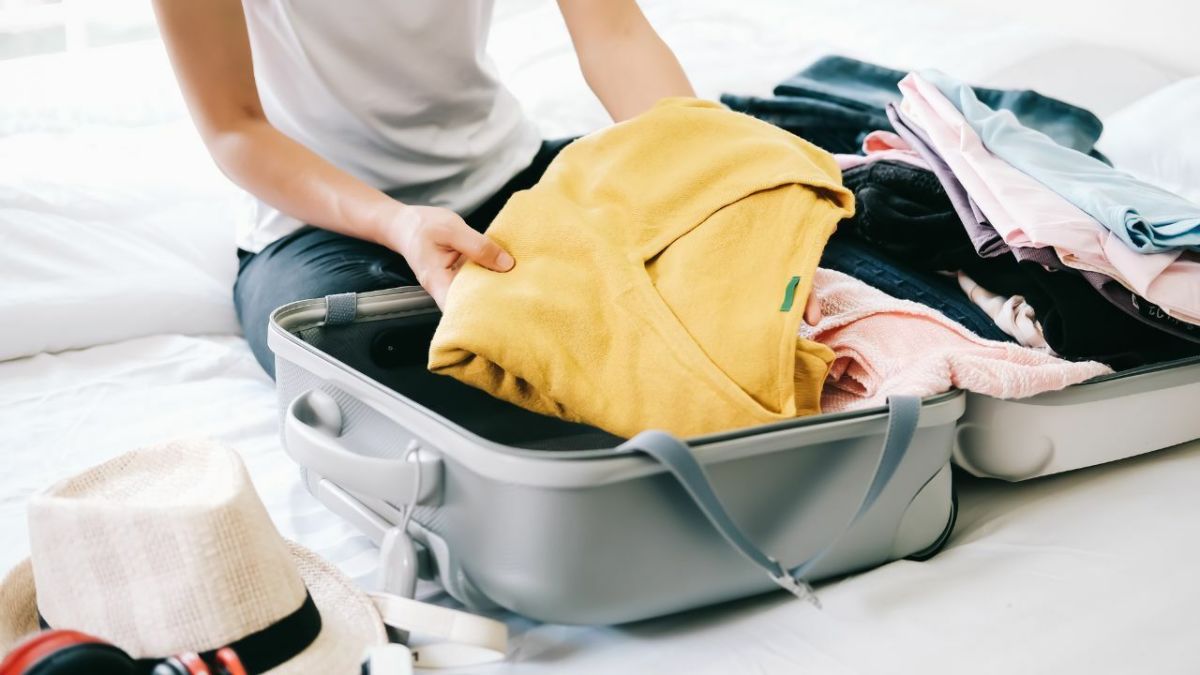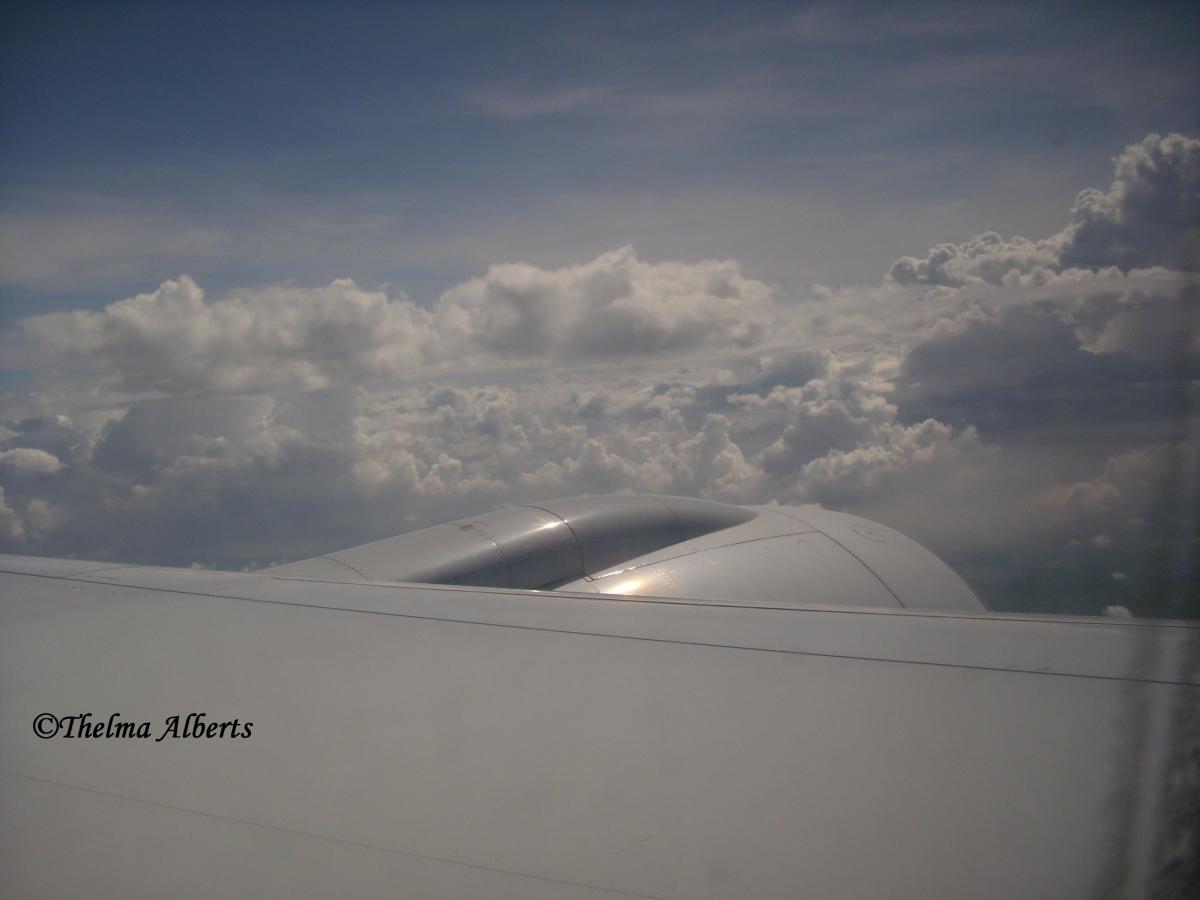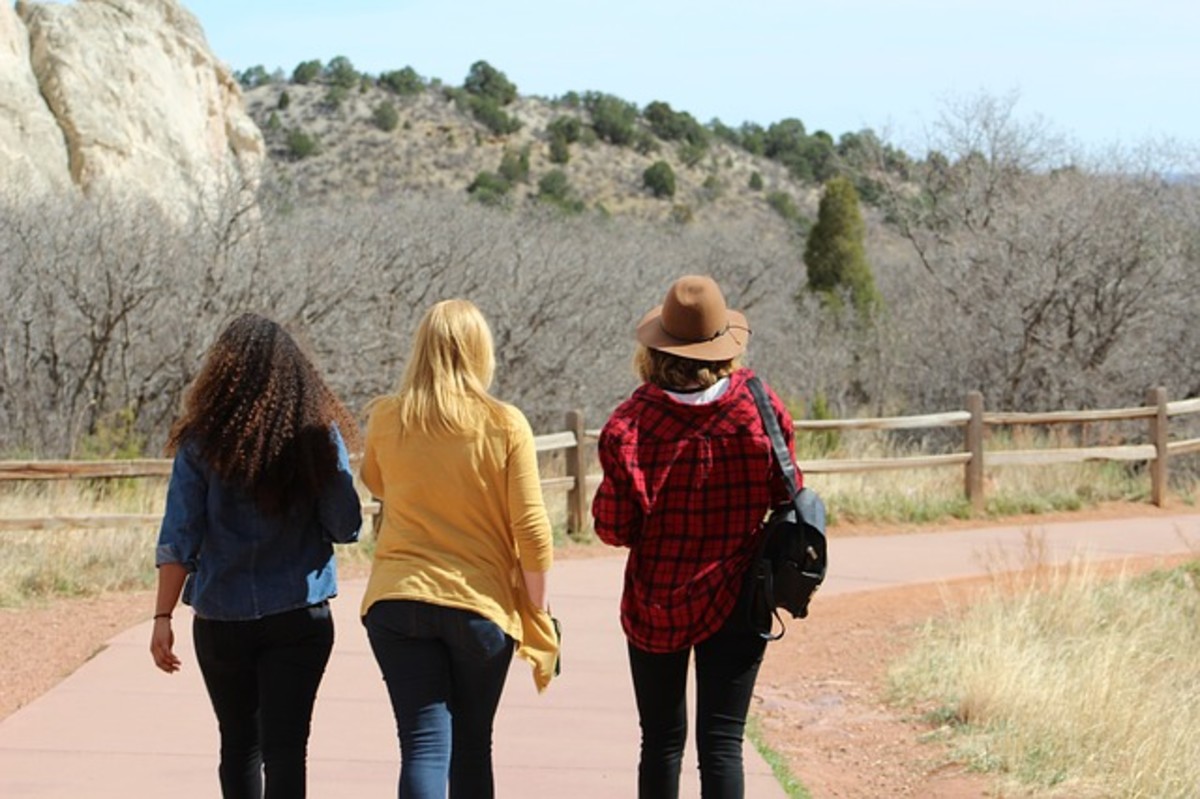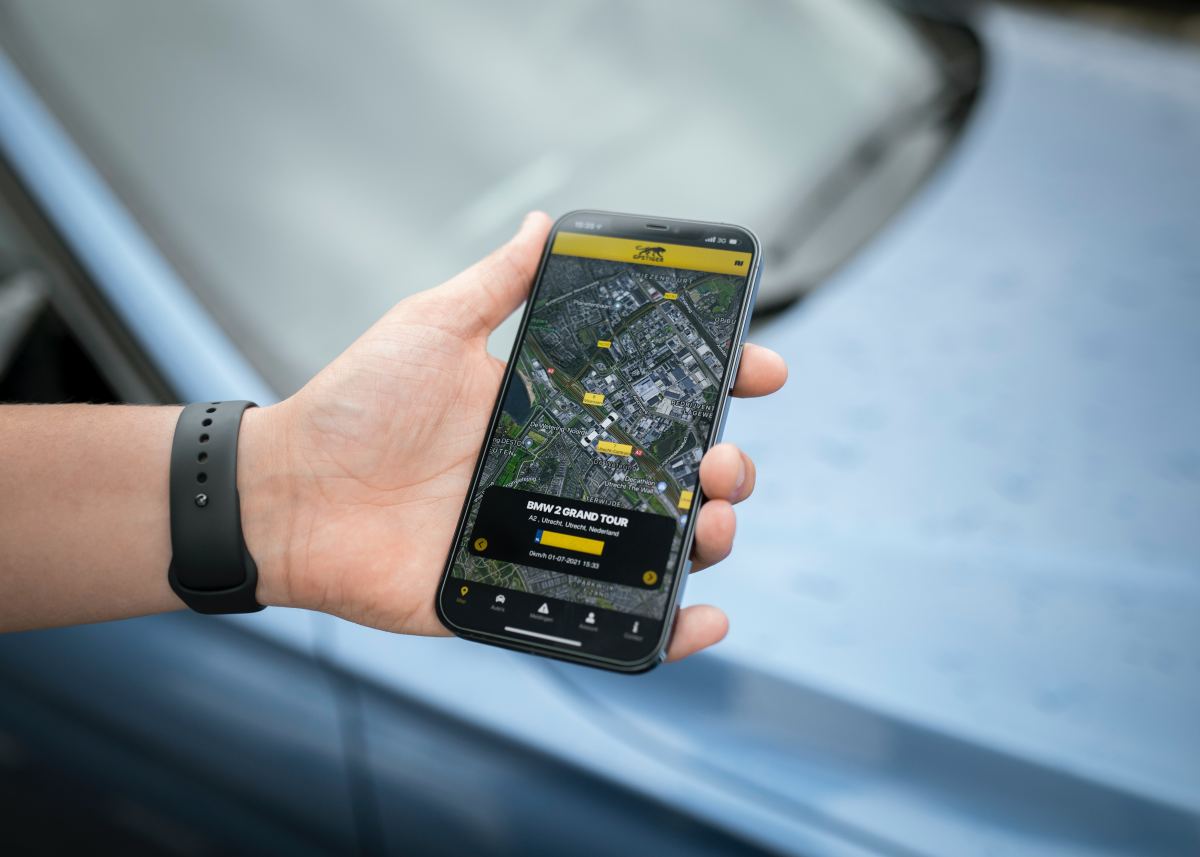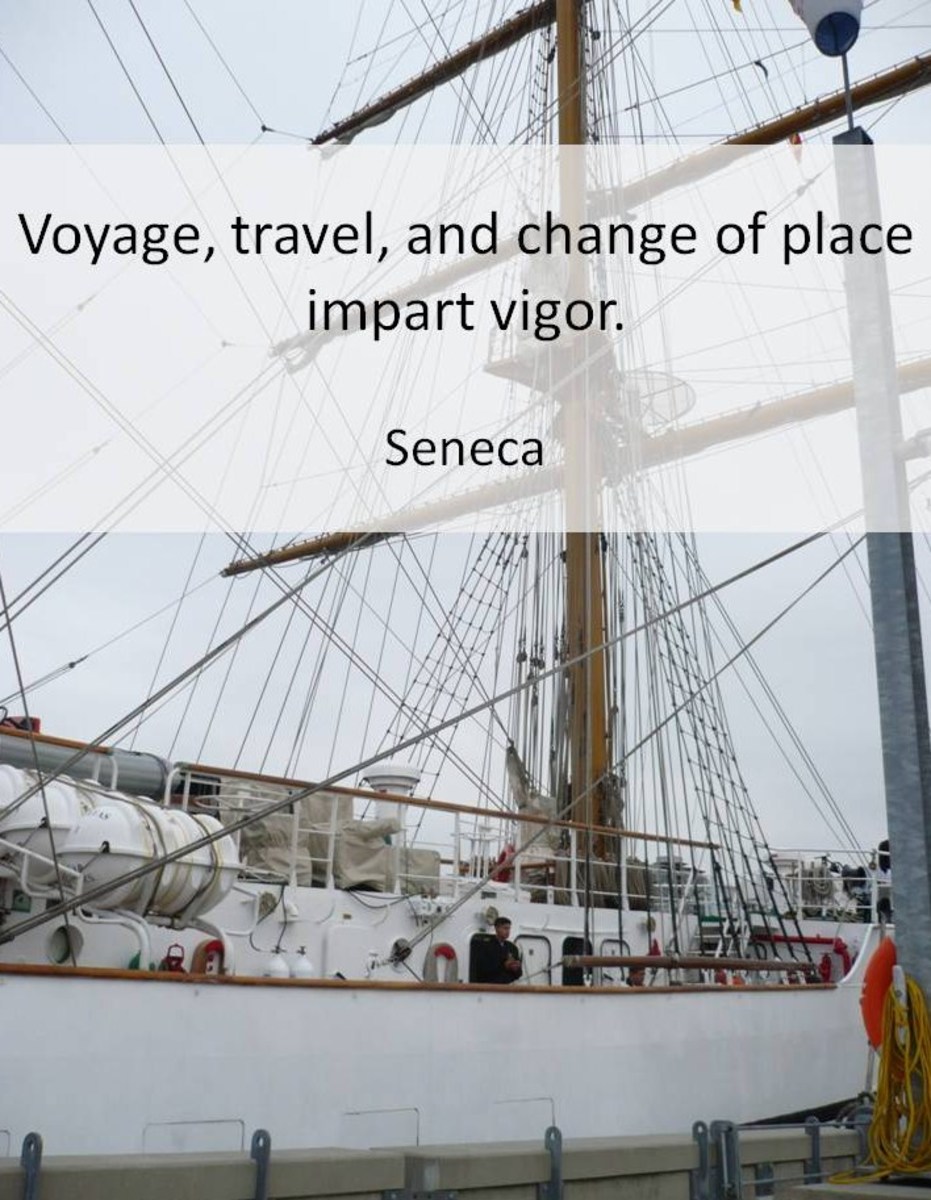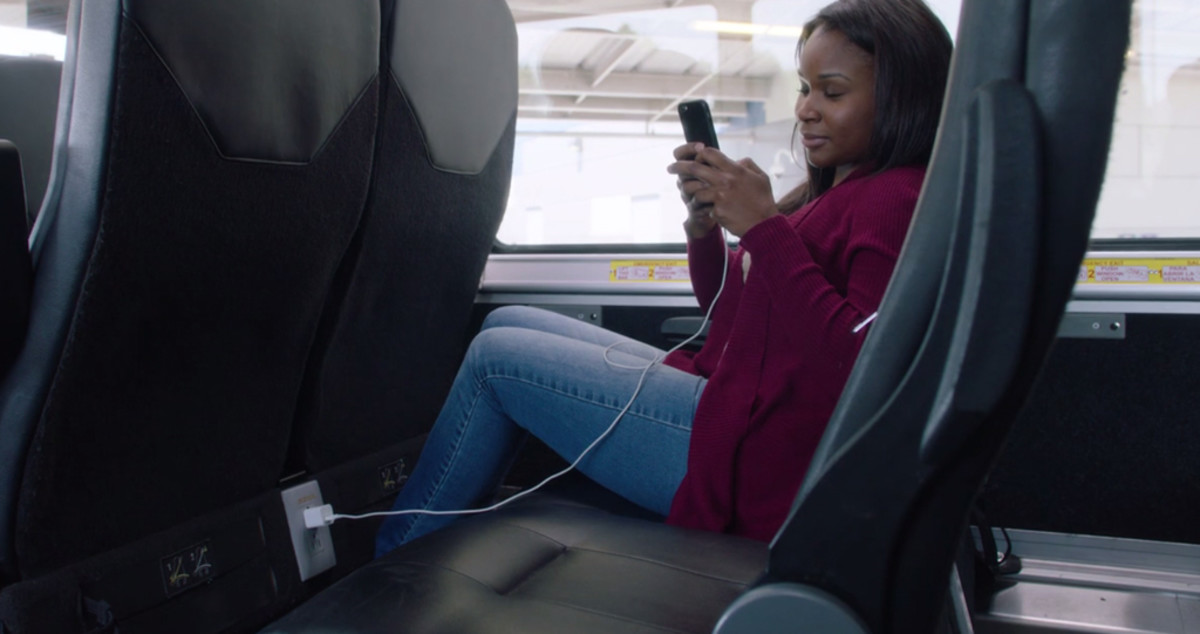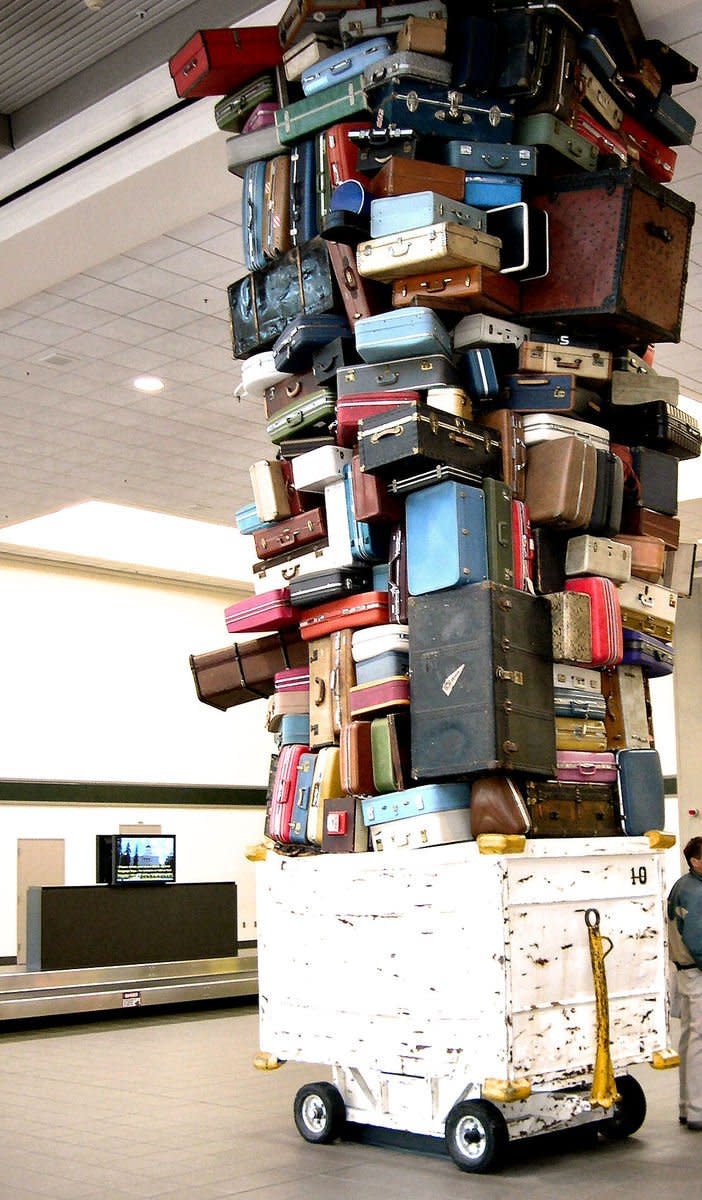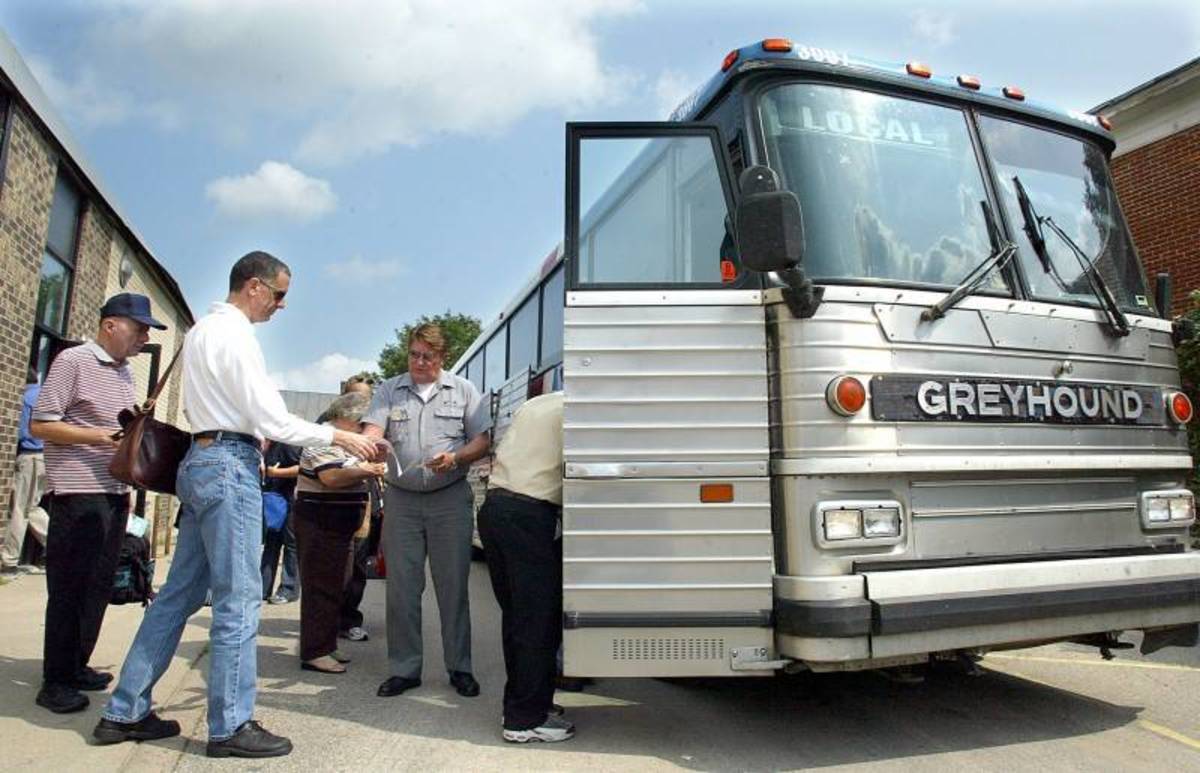Tips on How To Travel Cheaply
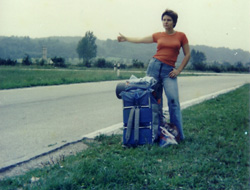
Travelling is great for so many reasons. It broadens the mind and gives you a great new perspective on the world. You make new friends, see amazing new places, try new food and get to do new things. In short, travelling is one of the greatest things you can do. Unfortunately, travelling costs money - and it is money that is normally the reason for ending a journey. If you can make your money go further then you you can go further.
Here is a list of tips on how to travel cheaply.
- One of the keys to travelling cheaply is to do some research. If you don't want to buy a Lonely Planet or other travel guide then get one out of a library or even have a look at one in a book shop. You want to check how much hostels, hotels, dorm beds and camping costs. You will also want to look at the visa section. If camping is widely available in a country you should consider buying a tent before you go. Not in country because tents are normally bulky and poor value in developing countries.
- One new development over the last few years is the idea of couch surfing. You can line up some free nights of accommodation this way. Check that people have been vouched for. Even with the vouched for service there is still an element of risk, especially for women.
- Another major way to cut down on travelling expenses is to hitch hike. This option has become less popular over the years because the right wing has continually been attacking 'hippy culture'; but, despite the fascists people still hitch hike and get from A to B safely and for zero money. Remember to only hitch during the day; wear clean clothes; carry a rucksack (a hitcher with no luggage is suspicious); and have a plan B if you don't get a lift. Furthermore, stand somewhere where people can see you and where drivers can easily pull over. Access roads to motorways are good places to hitch from. In some countries motorway service stations are the best places to find a lift.
- When I travel I always bring a couple of pots and a few other basic cooking utensils. If you can cook your own food you will save lots of money. Often camp sites have places where you can make a fire and do your own cooking. Also, many hostels, especially in South America, have guest use kitchens. However, some of these kitchens are very basic and lacking in equipment. Hence why I bring some of my own cooking equipment. Finally, on this subject - consider putting your food in your room or dorm because food has a nasty habit of vanishing from communal kitchens.
- Following on from the point above, find a supermarket whenever you get to a new place. Supermarkets sell many useful things for travellers. Not only food, but also toiletries, cheap alcohol, mosquito coils and repellents, washing soap, tobacco, clothes and books. A supermarket is easy to understand in a foreign country and you won't be cheated on the prices. If you are lazy and don't like cooking then you are going to waste money but you can waste less money if you buy ready made food at a deli counter.
- Other cheap eating options always include street food. A bit of common sense applies with street food - choose a stall that is popular and has a quick turn over of customers. This insures the food you buy has not being standing around for ages. Avoid food hawkers on buses - their produce could have been standing around for a long time. Beware of street noodles in China - they wash dirty bowls in even dirtier water.
- Walk whenever possible. This is where a guide book or a map becomes invaluable. Walk to and from the bus or train station when coming and going from a new place. Walk when sightseeing. Taxis cost and too many taxi drivers in the world are cheaters. If you do have to take a taxi because it is late at night or you are in a dangerous area then check your change for fake notes. Also agree a price beforehand or make the taxi driver go on the meter.
- Take local trains and buses. Long distance buses get you to a place quicker but charge a premium rate per mile or kilometer for the service. If you must take a long distance bus or train then try and get an overnight service. This saves you paying for a night's accommodation.
- Something that cannot be underestimated is the advice of other travellers. Listen and note their recommendations of places to visit and places to stay. Being friendly can save you a lot of money in so many ways and finding out about cheap places to stay and eat at is one obvious advantage of making small talk with other backpackers.
- On the subject of backpacks, they save you money because you can carry them around a lot easier than a wheelie suitcase that is only good on flat surfaces. Pack carefully, think about what you will need to save you money such as tent, cooking equipment, washing powder and guide book. Having some entertainment like a book to read is important. For women bring tampax or towels to avoid being caught short and frantically looking for a poorly made equivalent. Many people travel with laptops nowadays. They are good if there is free wifi available. They are also hot favourites for thieves along with cameras and mp3 players and iphones. Hide don't flaunt your wealth, especially in Latin America and parts of Africa. Bring a water bottle - it might save your life.
- Following on, find out if you can drink the tap water in a country. Most of Europe, Argentina, Colombia, Brazil (in some places), Venezuela, Uruguay, Chile to name a few countries have potable water. Fill up your water bottle. All tap water is fine to drink if it boiled for 3 minutes (except at high altitudes). A cool device is an element that plugs into the electricity supply. Drinking tap water saves you lots of money and is better for your health then lots of sugary soda drinks.
- Before a long journey load up with biscuits, sandwiches and snacks. Often road side cafes and restaurants are expensive because they have captive crowds.
- Negotiate for the price of rooms, beds and tourist services. If you plan to stay more then one night you have bargaining power. If there is a group of you, you have bargaining power. The secret to bargaining is to convince the person you are bargaining with that you are prepared to leave, to not do the deal. Once the deal is struck it is very hard to try and re-negotiate.
- Find a place you really like, preferably not an expensive tourist place, and stay for a week or longer. I find there is nothing better than camping for a week or staying in a cheap beach bungalow for a week to save money for my trip. Traveling quickly is expensive.
And there it is. I hope these tips save you money. Be safe
Some Resources for travellers
- Full Moon Parties in Koh Phangan
A review of the Full Moon Parties on Haad Rin beach in Koh Phangan. Including a look at the atmosphere of the party, the music and the problems with the party. - Laem Set in Koh Samui
A guide to Laem Set beach in Koh Samui. Included is information about accommodations in Laem Set, wellness courses at the Kamalaya, Samui Aquarium and Tiger Show and about other things to do in Laem Set - Koh Phangan Hotels and Rooms Review
Reviews of hotels, bungalows, resorts, bars, activities and attractions on the Thai island of Koh Phangan. - Tanote Bay
Review of the beautiful beach of Tanote Bay in Koh Tao, Thailand - Where to stay in Koh Phangan
Koh Phangan is a tropical island in the Gulf of Thailand. It has over 20 beautiful beaches to choose from. Find out more about where to stay in Koh Phangan. - Review of Chalok Baan Kao Beach
Review of Chalok Baan Kao beach on Koh Tao - Beaches in Thailand
The advertising slogan for many years for Thailand was Amazing Thailand. I always found this very apt: Thailand is an amazing country. - Koh Tao Accommodation
Koh Tao is a tropical island in the Gulf of Thailand. It is famous for its unspoiled natural scenery, its great scuba diving and its beautiful beaches. Book a bungalow, room, hotel or resort here on line. Best prices available. - Full Moon Party Thailand
A Guide to the Full Moon Party in Thailand held on Haad Rin Sunrise Beach in Koh Phangan. Included is information about the Half Moon Party, The Black Moon Party, all the schedules and the places to stay and party. - Thong Nai Pan Magazine
This is an ezine about the beautiful beaches of Ao Thong Nai Pan on the tropical island of Koh Phangan in the Gulf of Thailand. Book accommodation here. Also information about bars and restaurants, events, Thai massage, diving and travel. - Trippy Traveller in South America

